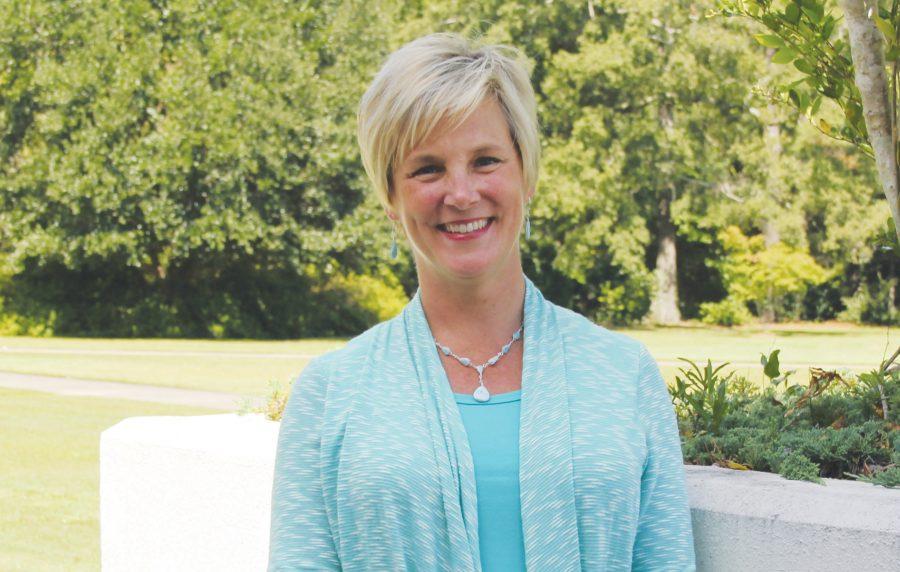Professor Spotlight: Dr. Wendy Caldwell
Photo by: Christina Xan
Wendy Caldwell traveled to Cuba through People to People International. She said she plans to use her experiences in Cuba in the classroom this semester by creating real-world examples.
After spending the past semester on sabbatical, Spanish professor Dr. Wendy Caldwell is working on a novel that she hopes will allow people to grasp a better understanding of a minority group in the US.
“It is a years-long project on undocumented immigration, specifically, from Mexico to the US,” Caldwell said. “I spent a couple of years doing some extensive research. Then, I needed time to write and to sit down and put it all together.”
During the first part of her research, Caldwell began writing an academic piece but decided to change her project to read as a novel after attending the Bread Loaf Writer’s Conference in Middlebury, Vt., a conference co-founded by Robert Frost.
“I wanted to write something that was going to be interesting, that people would want to read,” Caldwell said. “I thought, you know, I could write this as an academic book that may very well sit on a shelf and collect dust, or I can write this in a way that has a potential of reaching a much broader audience. I chose option B.”
According to Caldwell, the conference challenged her through critiques and lectures from prestigious authors.
“I went in to that conference with a trajectory for this book, and then I came out of the conference with a modified trajectory,” Caldwell said.
Caldwell’s novel will focus on the stories of undocumented people from the Pee Dee in a way that she hopes people will want to read.
“Stories have been told, but these stories are particular to this area and have not been told,” Caldwell said. “I just feel very passionate about their being told in a way that will hopefully open peoples’ eyes.”
Over the course of Caldwell’s research, she has conducted interviews with people who have connections to undocumented people such as employers, Border Patrol Officers and immigrants themselves.
“This is a story that needs to be told,” Caldwell said. “A mother coming across the border for the second time. She’s gone back to Mexico to retrieve her six-year-old daughter who she left when she came across the first time.”
Her inspiration to write about undocumented people came from a life-long passion for marginalized groups.
“I have always been interested in marginalized groups,” Caldwell said. “I don’t know why. Maybe because marginalization is such a human feeling that we all have at different times in our lives and its sort of a combination with that interest in Spanish that brought it all together.”
Caldwell’s time working with Latino literature and border literature furthered her interest in undocumented peoples.
“A lot of people, particularly in this area, don’t realize how important the Spanish language is,” Caldwell said. “It’s the second language of this country; the Hispanic population is the largest minority in this country.”
In addition to working on her novel, Caldwell traveled to Cuba as a part of a trip with People to People International, an educational exchange program. A Cuban graduate student from Havanna led the tour across Cuba.
“It is extremely educational and insightful to hear from the Cuban perspective what their history is and their perceived relationship with America,” Caldwell said.
According to Caldwell, she experienced a Cuban culture that takes education and healthcare seriously.
“The infrastructure is the most beautifully tragic place I’ve ever seen,” Caldwell said. “These colonial buildings were once just amazing, and now they’re like shells. The insides are literally just empty and open.”
Caldwell said she plans to use the information she learned while in Cuba in her Latin American civilization and culture class this semester.
“As soon as I got back, I put together all of this information I gathered in a hopefully fun unit on Cuba this semester,” Caldwell said.
